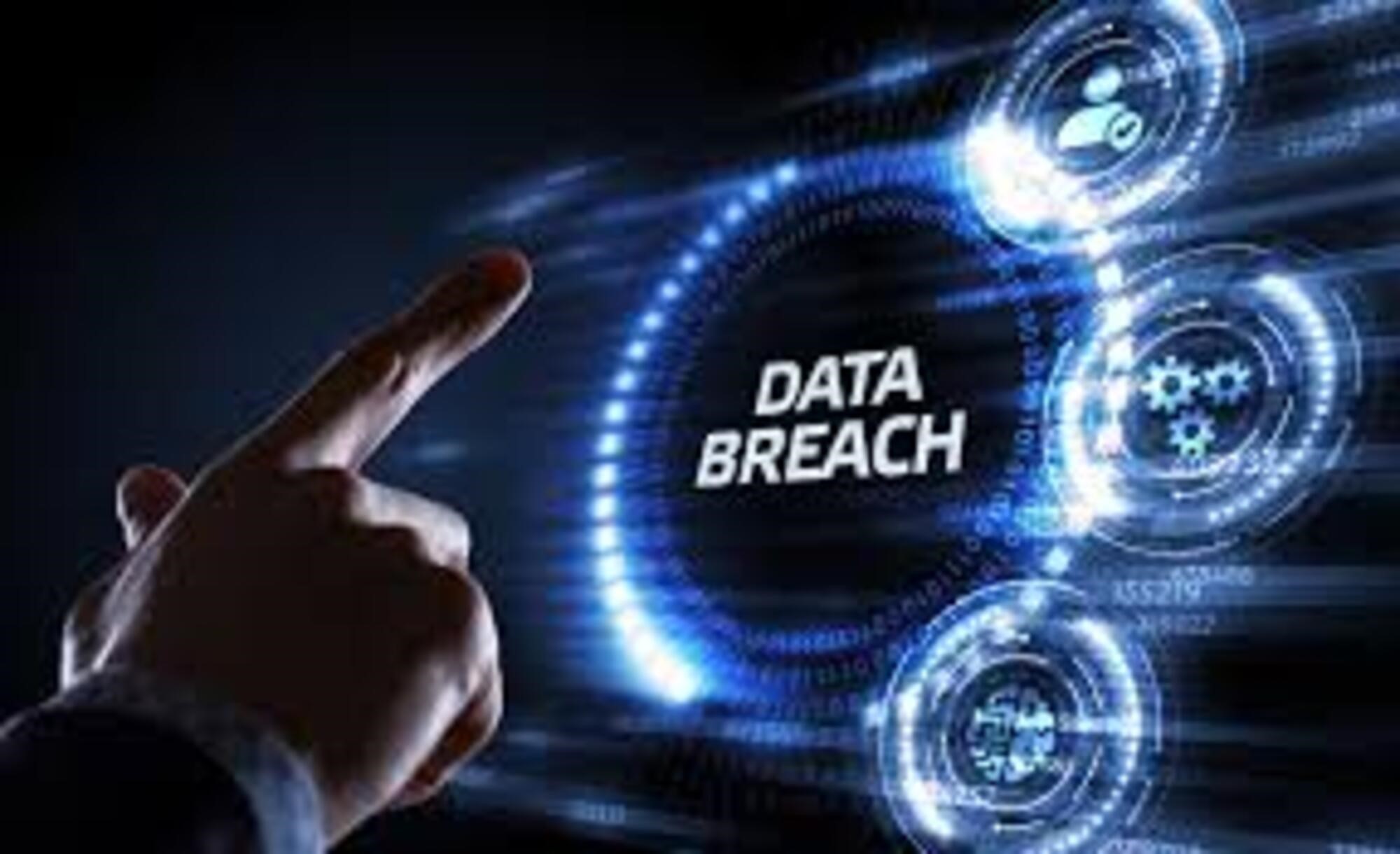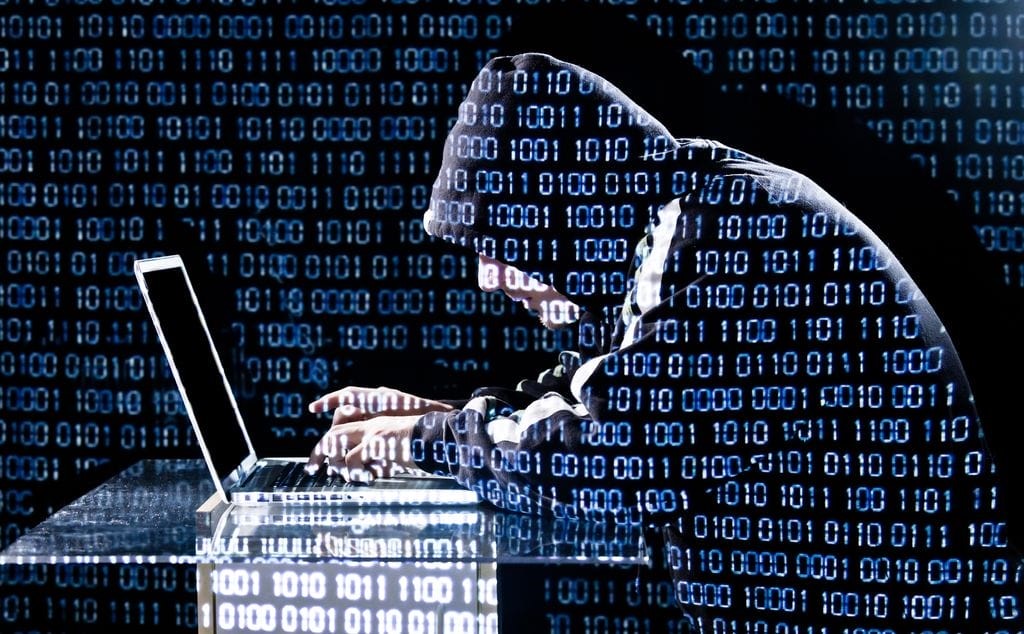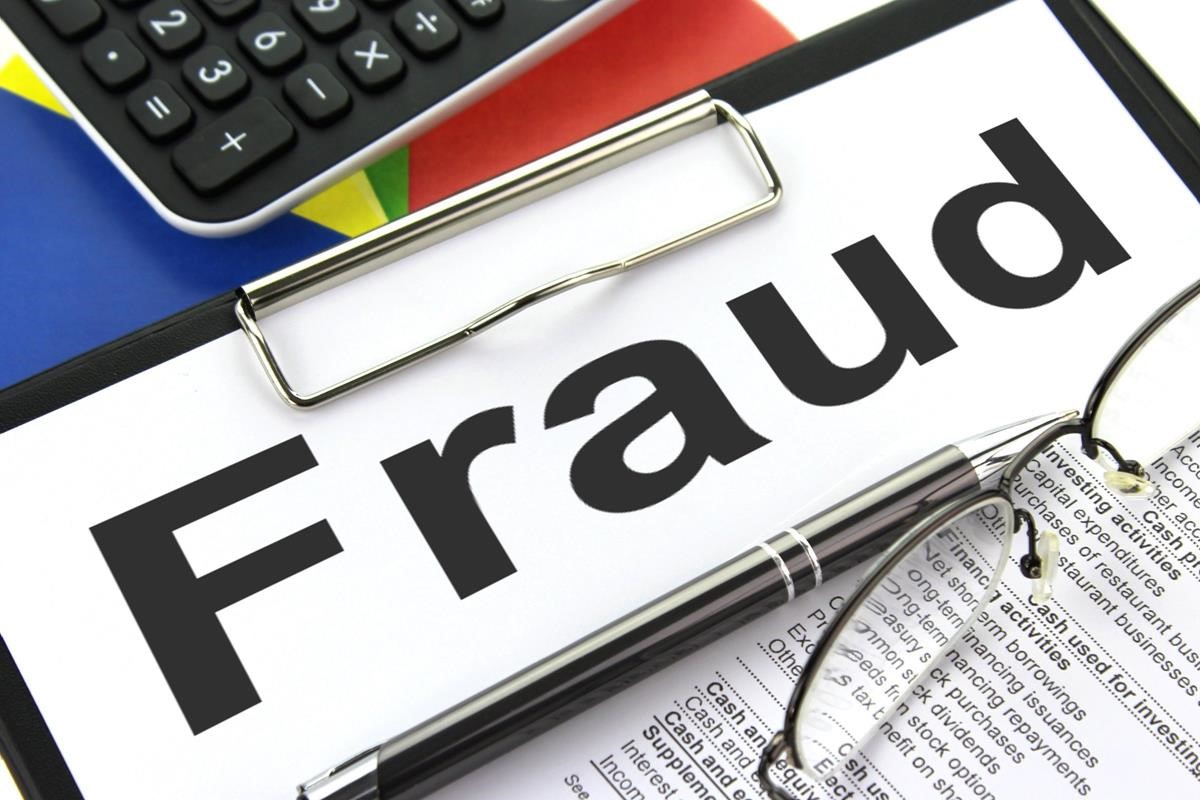Who did what, where, when, and how? An investigation must provide answers to each of these questions concerning the issues at hand. Everyone wants to know what the issue is. Who are the key suspects? What did they do, where and when did they do it, and how did they manage to pull it off?
Answers to these questions help to affix blame, understand what went wrong, and find solutions to prevent the re-occurrence of the same in the future. However, good an investigator you may be, the quality of your work is reflected in the investigation report.
What makes a good investigation report? Can you write an investigation report that has the key answers required? Do you know when to use an annexure, appendix, screenshot, attachment, or exhibit? Do you know how to conduct interviews with suspects and witnesses? Can you write an interview script? Do you know the rules of covert recording of a witness or suspect interview? Do you know what it means by admissible evidence and how to obtain it and include it in your report?
After the occurrence of fraud, a thorough investigation is often needed to establish the cause and prevent future occurrences. Many people – auditors, investigators, and internal staff can collect evidence. However, analyzing such evidence and writing a short but clear report is not easy. Investigation reports provide a detailed account of the circumstances surrounding an incident and the findings from the investigation. They serve as a record of what happened and can be used as evidence in legal proceedings. Knowing how to write an investigation report is a valuable skill that can help individuals and organizations properly document incidents, analyze the data, and make informed decisions.
Creating a well-structured, clear, and precise report can make or kill your case. A good report ensures that all relevant details are properly documented, allows for a clear understanding of the events by a third party, and eventually assists in making informed decisions based on your findings.
Before writing a report, consider who will be reading your report.
Knowing your audience will guide the tone, language, and level of detail you include in your report. Ensure that the report is concise. The investigator is primarily responsible for conducting the investigation, gathering and analyzing data, identifying the root cause, and making recommendations. The investigator then must present the findings in an impartial, concise, and clear manner, ensuring the report is unbiased and factual. These findings help organizations understand what went wrong and implement corrective actions to prevent similar incidents in the future.
The benefits of a good Investigation Report include;
- Provides a concrete record of the incident, including the investigation’s findings supported by evidence.
- A thorough analysis of an incident outlining how it was conducted, the suspects or subjects that were involved, and the extent of their involvement in terms of who did what (commission) or who did not do what (omission) leading to the success of the fraud.
- A well-structured report is valuable evidence in legal proceedings if the matter goes to court. An investigator presumes that in fraud investigations, matters will end up in court. For that reason, care must be taken in planning the investigation, collecting and analyzing evidence, and writing the report.
- The findings from an investigation report can help in coming up with new safety measures or internal control improvements. It is one of the reasons you must conduct an investigation, even if small amounts of money are suspected to have been involved.
Significant steps that play a vital role in ensuring the accuracy of your report.
- Start by gathering relevant information about the incident. This could include documents, physical evidence, or other information to aid your investigation. Don’t overlook minor details or seemingly insignificant information. Even the smallest detail can contribute to the overall understanding of the incident. Every detail will prove to be relevant information related to the incident and will also be useful in future investigations.
- Assess the credibility and reliability of the interviewee, particularly if they are a witness or an alleged party. Also, document any inconsistencies in their statements or behaviour that could affect the validity of their testimony. These details are crucial in determining the accuracy and weight of the information provided by the interviewee. Interview all witnesses and involved parties to get their accounts of the incident. Their testimonies can provide valuable insights that will help you understand the incident better.
- All physical evidence gathered during the investigation is documented. This information might include photos, videos, documents, audio recordings, or physical objects. Each piece of evidence should be described in detail, explaining what it is and its relevance to the investigation. Remember, your report will only be as good as the evidence you gather
- Make sense of your findings by analyzing all the evidence and information gathered during the investigation. You will need to piece together the facts and identify any patterns or connections that may exist between them.
One of the mistakes amateur investigators make is making conclusions. Some investigators make a mistake to state their conclusion once all the evidence is analyzed. This is not recommended. As an investigator, your work is to provide the facts. Leave the conclusions to the courts of law.
For the report to be professional, credible, and effective in conveying the necessary information, investigators must avoid failing to consider the audience and their expectations. Overly technical language without providing explanations or definitions, allowing personal opinions or emotions to influence the findings, and not properly referencing the evidence should be avoided as well.
To know more about report writing, register for our upcoming 2-day events. The training is ideal for all people involved in disciplinary hearings, human resource, audits, legal, and investigations. Come and learn what great looks like so that you set a high standard of effective investigations that solve cases. Say no more to begging a suspect to resign for lack of proper evidence.
To register, contact Deborah Kigozi at 0784270586/ 0708182121 or email admissions@forensicsinstitute.org. or To register for IFIS trainings online, Book now





